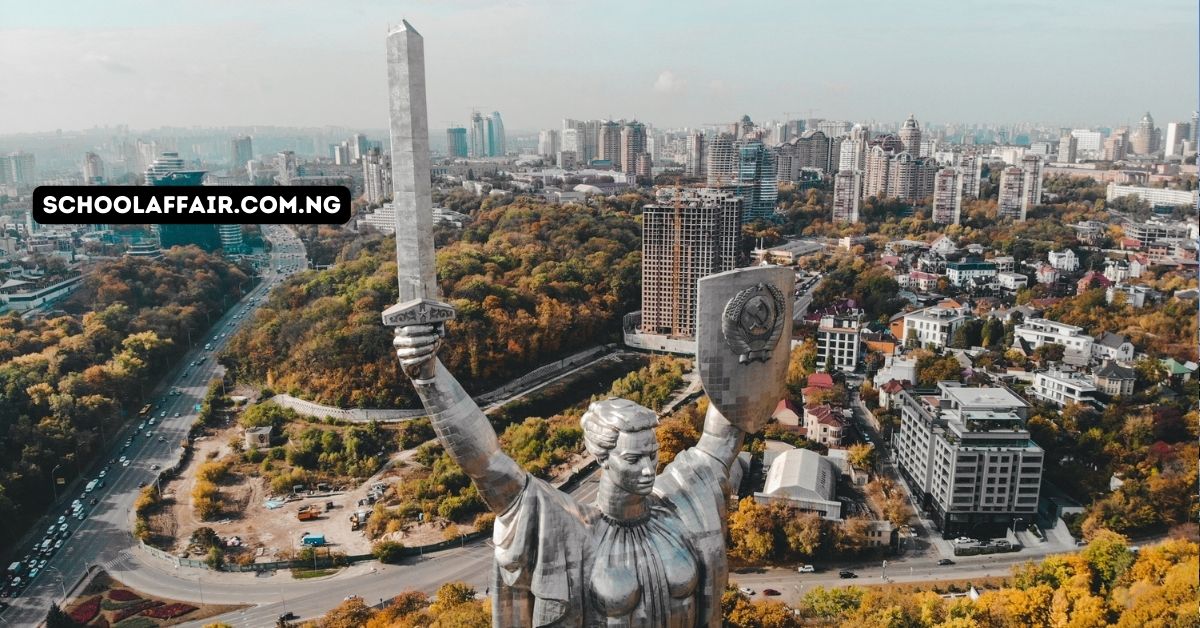The Reasons Behind Russia’s Interest in Ukraine
The invasion of Ukraine by Russia in February 2022 sent shockwaves across the globe, prompting questions about the motivations and timing behind Vladimir Putin’s decision. A closer examination of expert analyses reveals a complex interplay of geopolitical, domestic, and global factors that culminated in this significant event.
The Zelenskyy Factor:
One crucial element in understanding the invasion’s timing was the rise of Volodymyr Zelenskyy to power in Ukraine. A former comedian and actor, Zelenskyy initially seemed to be a figure Putin believed he could manipulate. His pro-Russian image during the 2019 election further fueled Putin’s expectations. However, Zelensky’s subsequent actions, including charging one of Putin’s close allies with treason in 2021, shattered the illusion of peaceful control over Ukraine.
Geopolitical Chessboard:
Putin’s strategic calculations were also influenced by the geopolitical landscape. The election of Donald Trump in the United States provided a favorable environment for Putin, as Trump was perceived as being friendly towards Russia and critical of NATO. The change in leadership with Joe Biden, a staunch NATO supporter, in 2021 forced Putin to reassess his strategy. This geopolitical shift altered the dynamics of Russia’s relationship with the West.
Impact of COVID-19:
The global isolation resulting from the COVID-19 pandemic played a significant role in shaping Putin’s decision-making. Isolated for an extended period, Putin’s tendencies toward megalomania were exacerbated. The pandemic-induced isolation likely contributed to a more aggressive stance, as Russia sought to assert itself on the global stage.
Global Political Opportunities in 2022:
Putin seized what he perceived as opportunities from the state of global politics in 2022. Internal strife within Ukraine, coupled with a low approval rating for Zelenskyy, led Putin to believe that the Ukrainian elite would not unite against him. The perceived lack of capable Western leadership, illustrated by the U.S.’s chaotic withdrawal from Afghanistan and leadership changes in major European nations, further emboldened Putin’s aggressive ambitions.
Miscalculations and Unforeseen Outcomes:
Experts assert that almost all of Putin’s assumptions turned out to be wrong. The invasion faced unexpected resistance from Ukraine, challenging the belief that the Zelenskyy government was weak and would quickly collapse. The global response also proved more resilient than Putin anticipated, highlighting miscalculations in Russian military prowess and international reactions.
(FAQs) on why Russia has historical and geopolitical interests in Ukraine:
- Why does Russia want Ukraine?
- Russia sees Ukraine as a historically and culturally significant part of its national identity, with strong ties dating back to the Soviet era.
- What historical connections exist between Russia and Ukraine?
- Ukraine was part of the Soviet Union, and many Russians view it as an integral part of their history. Cities like Kyiv are seen as having historical importance for Russian culture.
- How does Putin view Ukraine?
- Putin has expressed the belief that Ukrainians and Russians are the same people, emphasizing a Slavic Brotherhood that includes Russia, Belarus, and Ukraine.
- What role does geopolitical strategy play in Russia’s interest in Ukraine?
- Geopolitically, Russia aims to resist NATO’s eastward expansion, restore its strategic depth, and maintain influence in the post-Cold War security architecture in Europe.
- How does Ukraine’s alignment with the West impact Russia’s interests?
- Russia is concerned about a Western-oriented Ukraine, fearing that a democratic and prosperous Ukraine would set an unfavorable example for Russians.
- What role does Ukraine play in Russia’s historical narrative?
- Russia’s historical narrative is tied to controlling Ukraine, which supplied essential resources to the Russian Empire, including coal, steel, and iron.
- How does Russia perceive NATO’s involvement in Ukraine?
- Russia perceives NATO’s expansion towards its borders as a threat and uses this narrative to justify its actions in Ukraine.
- What influence does the political landscape in Ukraine have on Russia’s interests?
- Russia has historically sought to influence Ukrainian politics, and the rise of leaders less favorable to Russia, like Zelenskyy, can impact Moscow’s strategy.
- Why did Russia choose to invade Ukraine in 2022?
- Factors like the perceived weak leadership in the West, internal struggles within Ukraine, and a geopolitical environment that seemed favorable may have influenced the timing of the invasion.
- How did the change in U.S. leadership impact Russia’s decision?
- The shift from Donald Trump’s administration, perceived as more Russia-friendly, to Joe Biden’s administration, which supports NATO, influenced Putin’s calculations.
- What role did the COVID-19 pandemic play in Russia’s decision to invade?
- The isolation caused by the pandemic may have contributed to a more aggressive stance from Putin as global dynamics shifted during this period.
- How did the arrest of Viktor Medvedchuk influence Russia’s actions?
- The arrest of one of Putin’s close allies, Viktor Medvedchuk, may have signaled to Putin that peaceful control over Ukraine had failed, prompting a more assertive approach.
- Were Putin’s assumptions about Ukraine correct?
- Experts suggest that many of Putin’s assumptions, including the weak response from Ukraine and the West, turned out to be incorrect, leading to unforeseen challenges in the invasion.
Conclusion:
The invasion of Ukraine in 2022 was a confluence of factors, from the rise of Zelenskyy to shifts in global politics and the impact of the COVID-19 pandemic. Putin’s decision, while rooted in his desire for control over Ukraine and a perceived geopolitical advantage, faced unforeseen challenges and setbacks. As the conflict continues, understanding the intricate web of motivations behind this pivotal event remains crucial for policymakers and analysts alike.
